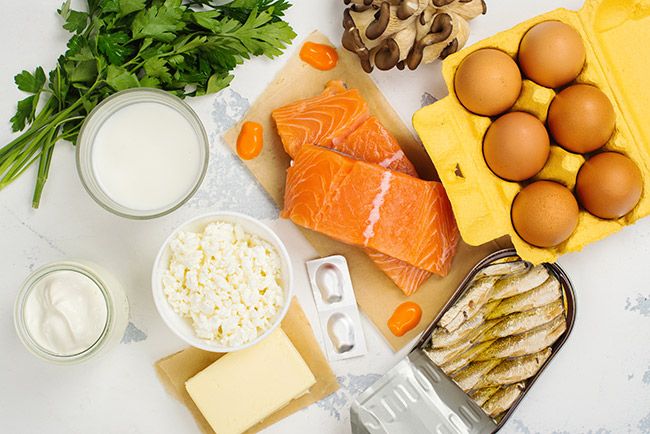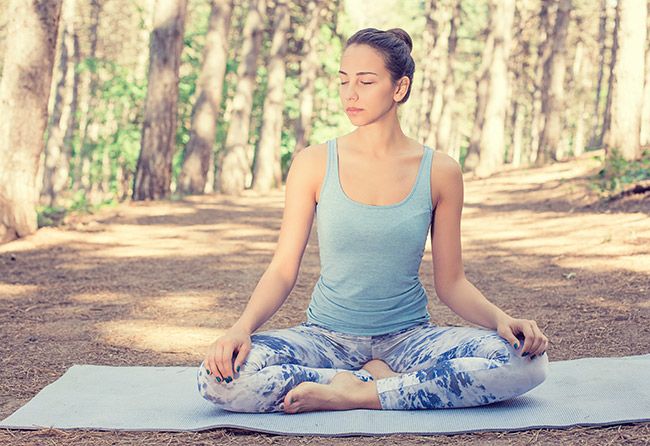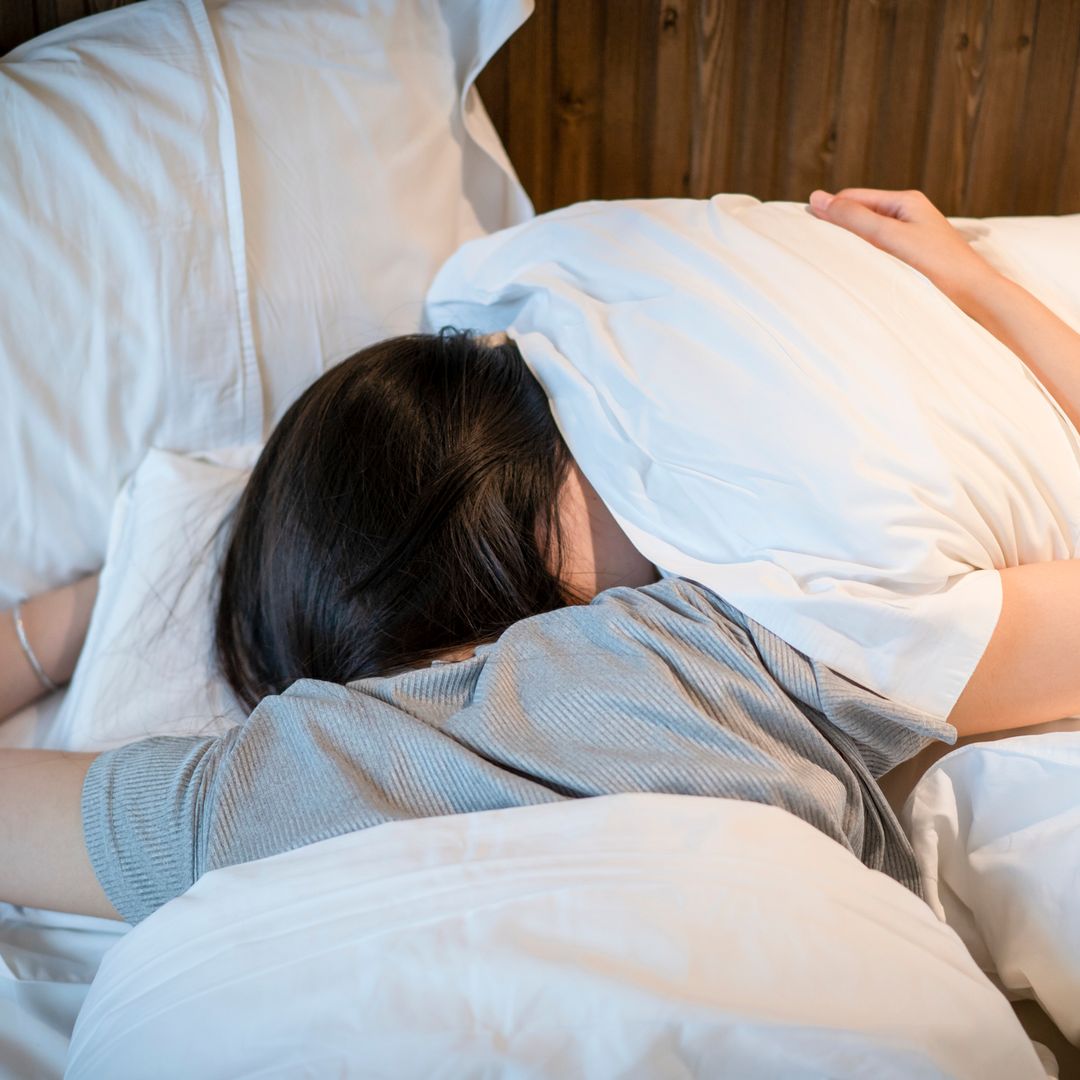Stress. We all get bogged down with it from time to time, be it from work pressures, relationship worries, financial concerns or our frantic lifestyles simply catching up with us. It's important to take time out for yourself to stop stress overwhelming you and turning into anxiety, which can show itself in physical symptoms. There are many ways you can unwind and take a break from the treadmill of daily life, be it with a spot of meditation, a change of diet or calming supplements. Here, Nutritionist Pippa Campbell reveals her top tips for dealing with stress…
1.Slow down and colour in
Feeling overwhelmed? Time to take it easy. Pippa says: “When stress is getting the better of you, always remember to just slow down - physically slow down, stop rushing around and sit down for a few minutes. You can also try and take a break with five minutes of colouring in, as it helps you to slow down, stop your mind from over-thinking things and gives your mind a rest. You can purchase adult colouring in books from numerous shops now as it has become a popular way to de-stress and relax."
2. Try meditation
We've all heard of meditation but have you ever tried it? Pippa explains: "Meditation is another great way to allow your body and mind to slow down. If you haven’t delved into the meditation world before, you can try using an app like Calm to help get you started with some simple meditation techniques.”
READ: Kate Upton's surprising stress-busting secret
3. Herbs can help
Nutritionist Pippa reveals that certain herbs can help you relax. “Try to include adaptorenic herbs or roots - also known as ‘healing plants’ - into your diet," she says. "These particular herbs/roots help to balance, restore and protect the body from feelings of stress. These herbs include ginseng, holy basil, ashwaganda, astragalus, liquorice root, rhodiola and maca."
4. Have a digital detox
Glued to your iPhone? Can't get off your tablet? Put it down! Pippa suggests having a total digital detox to completely unwind your mind. She says: "The use of smartphones, tablets and laptops means that we are constantly connected to everything that's going on around us, which can add to our levels of stress, especially if you are constantly getting work reminders. Unsubscribe from old email lists, turn off the push notification on your email app, take your work emails off your phone and switch off your devices 60-90 minutes before bed.”
5. Up your Omega 3s
“To help prevent life getting so stressful, you need omega-3s, especially DHA," explains Pippa. "You won’t get the same mood boost from the omega-3s in flax, walnuts and soy though, so eat about two servings a week of wild salmon or other oily fish." Taking a daily omega-3 supplement (containing DHA and EPA) can reduce anxiety by up to 20 per cent.
MORE: How to manage stress and calm your mind
6. Do 'medium breathing'
Yes, medium breathing is the latest buzzword and it's better for stress than deep breathing, where you can end up over-breathing and feeling dizzy, reveals Pippa. "I call medium breathing 'four-one-six' breathing. Breathe in for four seconds, hold for one second and breathe out for six seconds. Really try and breathe so that you can see your belly filling with air." Pippa recommends practicing this when you are not stressed too to get the hang of it. "Do this for 5 minutes whenever you can."
7. Schedule some 'me' time
“Ensure you have some ‘me' time every day for 15 minutes," suggests Pippa. "We are all leading increasingly busy lives, and as a result, we are quite bad at having this ‘me’ time - especially mothers, putting everyone else in the family first. But try and take 15 minutes every day to do something you enjoy - reading a magazine or perhaps going for a coffee."
8. Choose healthy snacks
When we're stressed, it can be tempting to turn to comfort food to make ourselves feel better, but sugary snacks can actually make us feel worse. "Instead, try snacking on some protein-rich snacks like nuts or seeds. It's useful to keep some of these types of snacks in your handbag or at your office to help stop you reaching for those unhealthy snacks,” explains Pippa.
9. Increase your protein
Did you know that eating more protein can help reduce the feeling of anxiety? Pippa advises: "Try to include protein with every meal and add protein-rich snacks to your diet, such as Greek yoghurt, eggs, almonds and tuna." .











